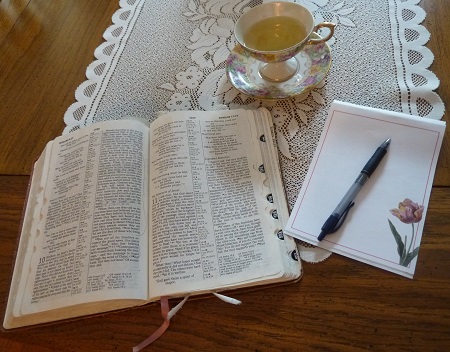Search High and Low
 If we search high and low, we look everywhere.
If we search high and low, we look everywhere.
We try our best to find something or someone. Examples of people who search high and low include:
- Children playing “Hide and Seek”
- Adults having a senior moment (forgetting where they put something)
- Shoppers searching for the perfect gift
Similar expressions include:
- Hunt high and low
- Look high and low
- Search from here to yonder
My friend Laurel Blevins found this tree on a local walking trail. Animals can hole up high and low inside it.
Many of us search high and low for joy.
Yet, our search fails when we look for joy in:
- Money
- Power
- Popularity
- Drugs and alcohol
- Anything that does not last
We don’t need to wear ourselves out searching. Look to God, our only source of true joy.
“The joy of the Lord is your strength” (Nehemiah 8:10 NIV).
Does this tree remind anyone else of a cookie commercial?
Subscribe to receive my weekly posts by email and receive a free copy of “Words of Hope for Days that Hurt.”
If you enjoyed this post, please share it with your friends.
 Easy does it tells us to move slowly and carefully.
Easy does it tells us to move slowly and carefully.
 We can’t control everything in our lives.
We can’t control everything in our lives.  If you have seen elk or other animals lock horns, you know exactly what this expression means. Two animals fight one another. The fight often results in locked horns (or antlers).
If you have seen elk or other animals lock horns, you know exactly what this expression means. Two animals fight one another. The fight often results in locked horns (or antlers). If the shoe fits, wear it sounds like a shoe ad. However, we usually mean something much different:
If the shoe fits, wear it sounds like a shoe ad. However, we usually mean something much different: We all get down in the mouth sometimes.
We all get down in the mouth sometimes. Everyone smiles at a baby with its foot in its mouth. However, you don’t want to put your foot in your mouth as an adult.
Everyone smiles at a baby with its foot in its mouth. However, you don’t want to put your foot in your mouth as an adult. What fun to be free as a bird:
What fun to be free as a bird: In honor of them, wave
In honor of them, wave  When we get mad as a wet hen, we get angry – very angry.
When we get mad as a wet hen, we get angry – very angry.